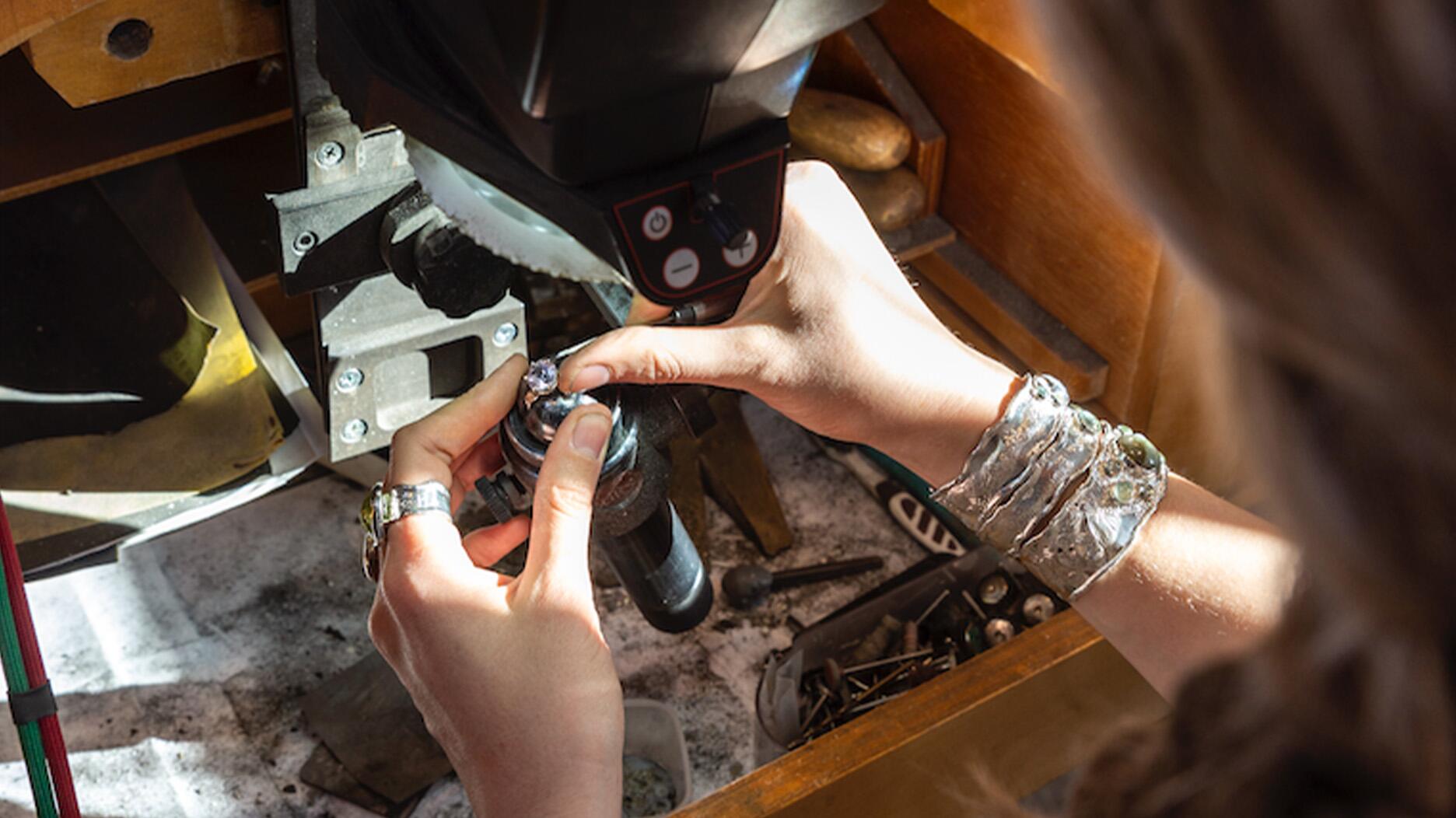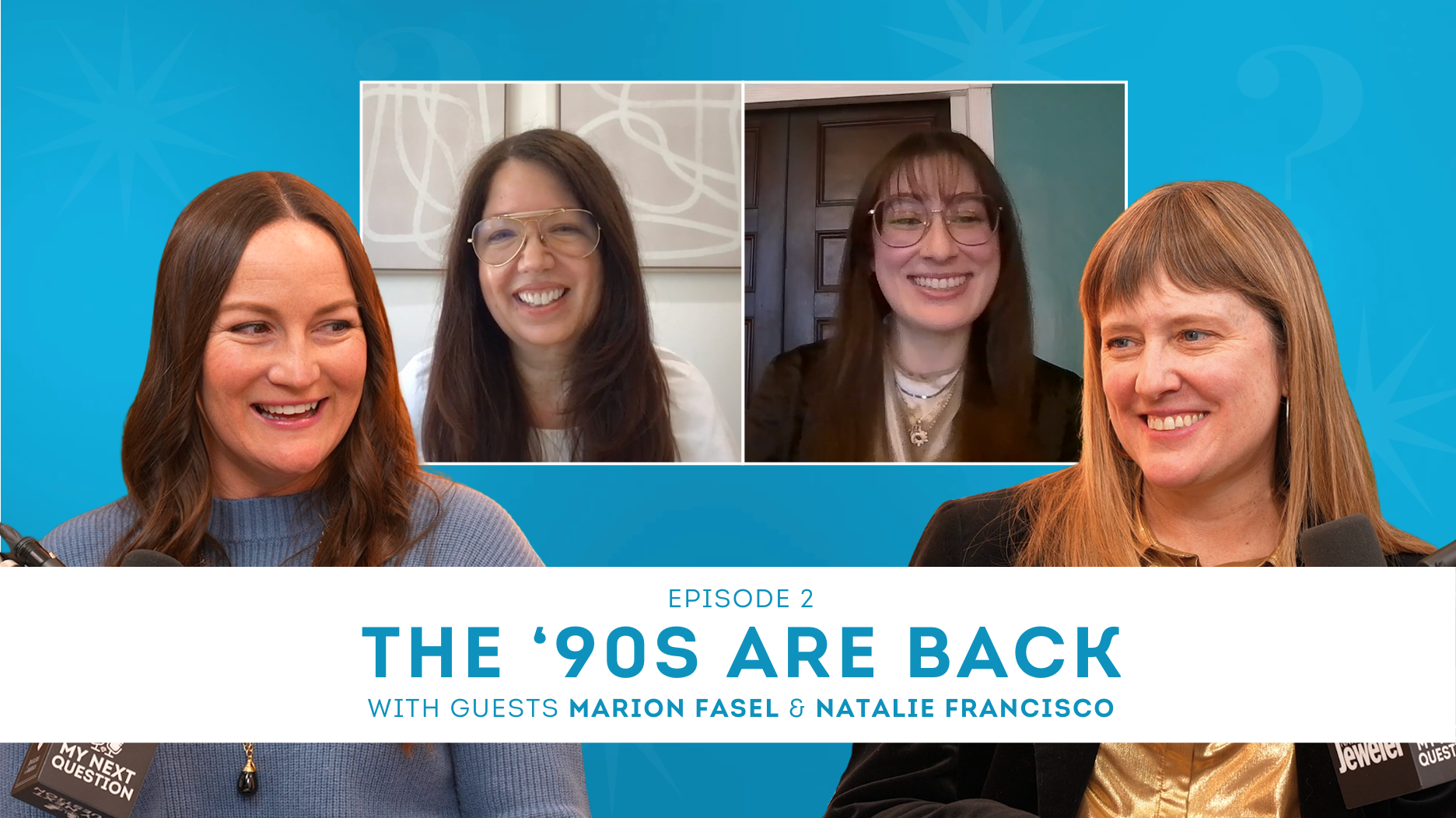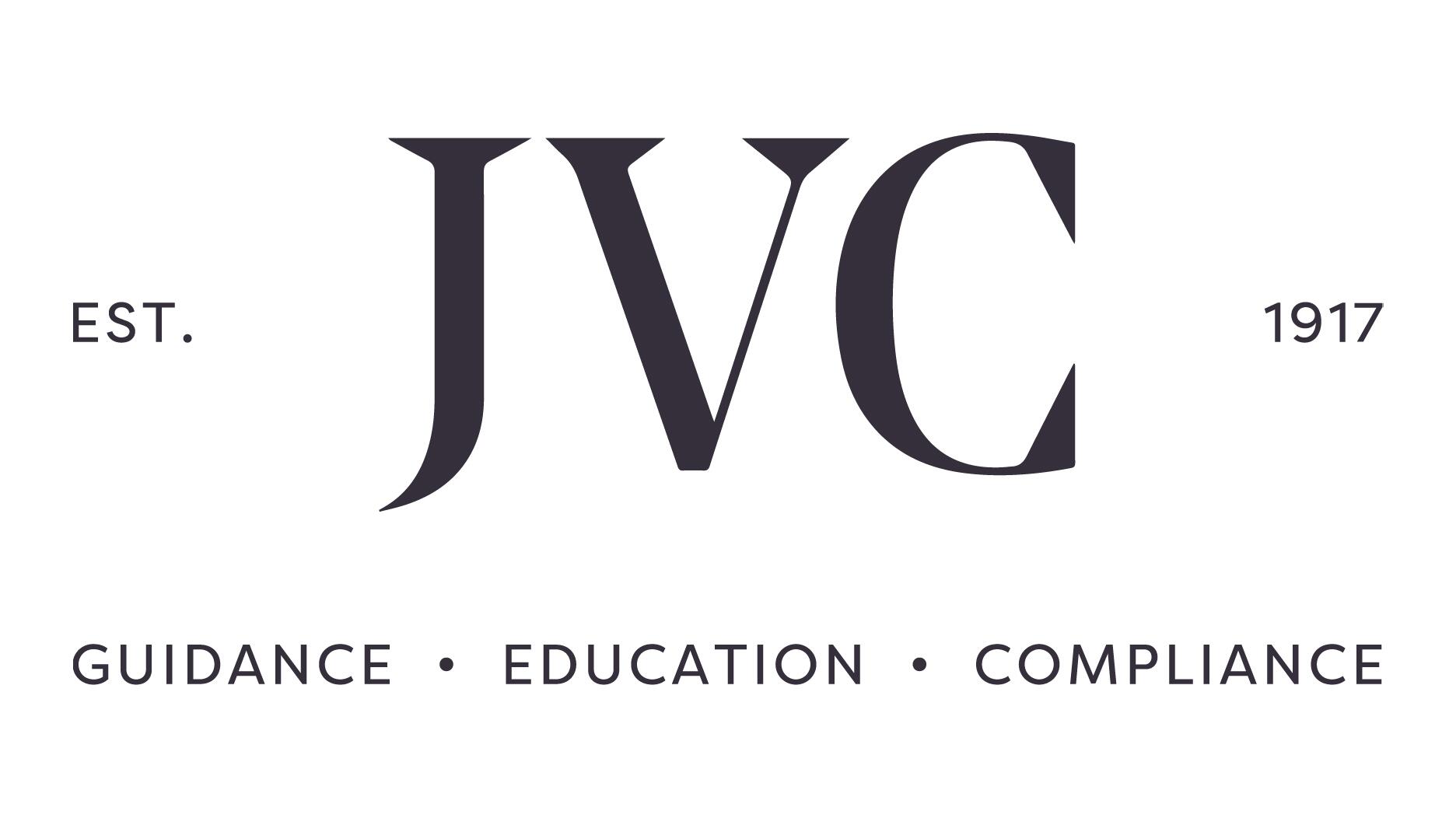The Tiffany v. Costco Battle Wages On
Now returned to a lower court, the jeweler and the big-box retailer are locking horns over damages and Tiffany’s right to a jury trial.

Tiffany & Co. first took Costco Wholesale Corp. to court in 2013, suing the big-box retailer in New York federal court for trademark infringement, counterfeiting and unfair business practices for selling rings in its stores labeled as “Tiffany” that were not made by Tiffany.
Costco filed a countersuit, claiming the term “Tiffany setting” had become genericized and could be used by any company to describe a ring with multiple, slender prongs holding a single stone. It asked the court to invalidate any federal trademark registrations that would prevent other retailers from using the term “Tiffany setting.”
A federal judge ruled in Tiffany’s favor in 2015, granting the jeweler’s motion for summary judgment (a judgment entered by the court without a full trial) in the case.
A jury decided on damages, ordering Costco to pay Tiffany $5.5 million for unlawful profits ($3.7 million in direct profits and $1.8 million for additional benefits derived from the ring sales) and $8.25 million in punitive damages.
The judge trebled the $3.7 million to $11 million, bringing the total amount Costco was to pay Tiffany to $21 million.
Last August, however, the Second Circuit Court of Appeals vacated the summary judgment on appeal from Costco.
The judges ruled unanimously that if a jury had heard the case, “reasonable” jurors could find Costco’s use of the word “Tiffany” wasn’t likely to confuse customers or make them think Tiffany had produced or endorsed the rings.
The appeals court sent the case back to the district court, where Tiffany and Costco are now at odds over punitive damages and the issue of a jury.
Tiffany fired back earlier this month, arguing the district court has ruled multiple times—a total of six before this, in fact—that punitive damages are available to it under New York law and that “nothing material” has changed about the case since those prior rulings.
The court also previously determined that Tiffany is entitled to a jury and, the jeweler argued in its March 12 memo opposing the motion, one is needed to determine damages in the case.
The now LVMH-owned jeweler also pointed out Costco itself asked for the case to be presented to a jury when it filed its appeal.
According to a joint status report filed March 12, Tiffany will not consent to a virtual trial, but said it could be ready for an in-person trial by July, if one can be held safely by then.
Court papers also indicate a settlement is not out of the question.
The two parties had a settlement discussion prior to the case going to trial in 2016 and have had additional discussions since the ruling on the appeal. Those discussions are continuing.
Tiffany v. Costco is filed in U.S. District Court for the Southern District of New York.
The Latest

Chicago police and members of the U.S. Marshals Service tracked down the 35-year-old suspect earlier this week in St. Louis.

Owners of the Ekapa Mine reportedly filed for liquidation about a week after a mudslide trapped five workers who have yet to be found.
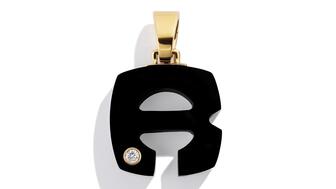
The “Splendente” collection has evolved to feature hardstone letter pendants, including our Piece of the Week, the onyx “R.”

Every jeweler faces the same challenge: helping customers protect what they love. Here’s the solution designed for today’s jewelry business.
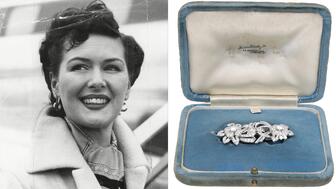
The jewelry collection belonged to “one of society's most glamorous and beautiful women of the mid-20th century,” said the auction house.

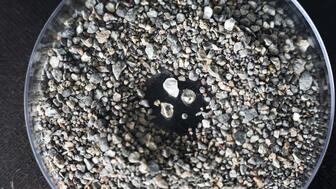
The update came as Anglo took its third write-down on the diamond miner and marketer, which lost more than $500 million in 2025.
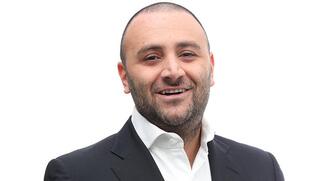
Emmanuel Raheb discusses the rise of “GEO” and the importance of having well-written, quality content on your website.

With refreshed branding, a new website, updated courses, and a pathway for growth, DCA is dedicated to supporting retail staff development.
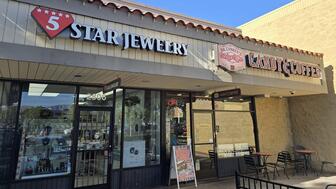
Each received around four years for burglarizing a jewelry store and a coffee shop in Simi Valley, California, last May.
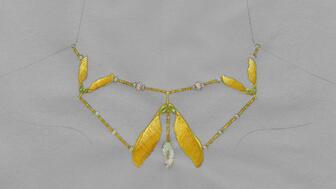
Catherine Aulick, a GIA graduate, received the ninth and final Gianmaria Buccellati Foundation Award for Excellence in Jewelry Design.
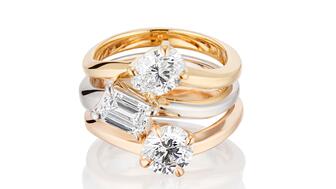
We asked a jewelry historian, designer, bridal director, and wedding expert what’s trending in engagement rings. Here’s what they said.
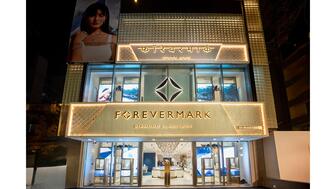
Experts from India weigh in the politics, policies, and market dynamics for diamantaires to monitor in 2026 and beyond.

Beth Gerstein discusses the vibe of the new store, what customers want when fine jewelry shopping today, and the details of “Date Night.”

Are arm bands poised to make a comeback? Has red-carpet jewelry become boring? Find out on the second episode of the “My Next Question” podcast.
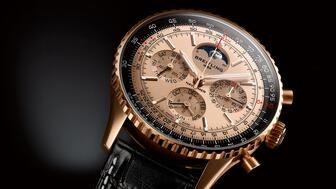
The Swiss watchmaker is battling declining sales amid a rapid retail expansion, according to a Financial Times report.
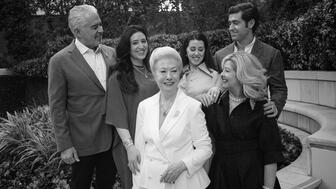
The campaign celebrates Giustina Pavanello Rahaminov, the co-founder’s wife and matriarch of the family-owned brand, for her 88th birthday.

Rachel Bennett, a senior jeweler who has been with Borsheims since 2004, earned the award.
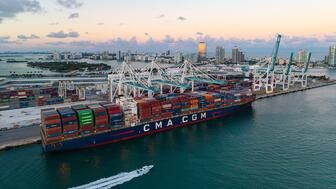
After the Supreme Court struck down the IEEPA tariffs, President Trump imposed a 10 percent tax on almost all imports via a different law.
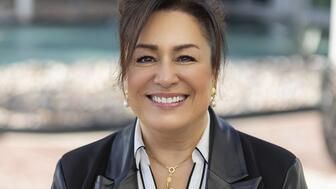
The industry veteran, who was with The Edge Retail Academy for 14 years, joins her husband at the company he founded in 2022.
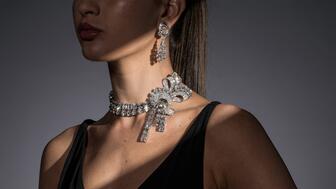
The vintage signed jewelry retailer chose Miami due to growing client demand in the city and the greater Latin American region.

Former Flight Club executive Jin Lee will bring his experience from the sneaker world to the pre-owned watch marketplace.
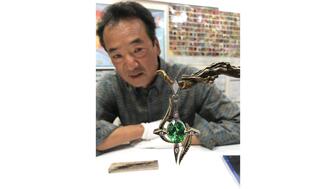
Sakamoto, who died in mid-January following a sudden illness, is remembered for his humility and his masterful, architectural designs.
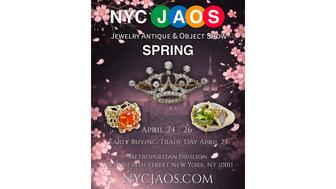
The April event will feature a new VIP shopping day requiring a special ticket.

Bulgari chose the British-Albanian singer-songwriter for her powerful and enduring voice in contemporary culture, the jeweler said.
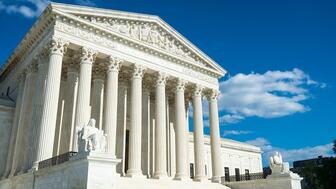
In a 6-3 ruling, the court said the president exceeded his authority when imposing sweeping tariffs under IEEPA.

Smith encourages salespeople to ask customers questions that elicit the release of oxytocin, the brain’s “feel-good” chemical.
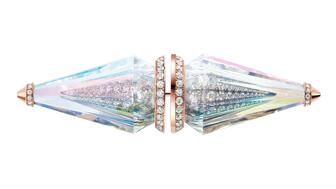
The brooch, our Piece of the Week, shows the chromatic spectrum through a holographic coating on rock crystal.












